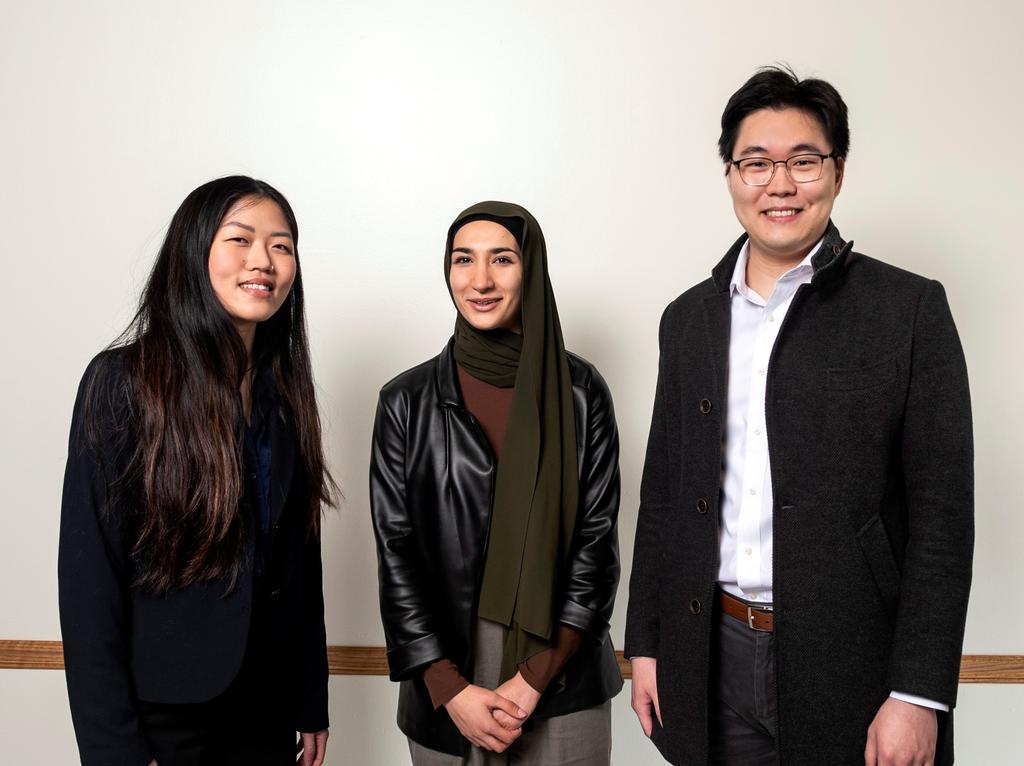Gain a background in the science and technology of biodefense and specialized areas of threat assessment, nonproliferation, and medical and public health preparedness, preparing you to serve as a scholar and professional in this rapidly evolving field.
The PhD program in biodefense is designed to prepare you to serve as a scholar and a professional in the fields of biodefense and biosecurity. Other areas of biodefense including nonproliferation, intelligence and threat assessment, and medical and public health preparedness are integral parts of the program. Because of the breadth of the program, students with backgrounds in science and other areas, such as international affairs, political science, law, public policy, and conflict resolution, are encouraged to apply.
Customizable to Your Schedule
- Campus is located on the metro line in the Washington, D.C., area
- Choose to study part time or full time
- Classes are held on weekday evenings in case you want to balance work and school
Coursework
The biodefense doctoral program requires 72 credits of coursework.
- Eight required courses in the core program
- Two required field seminars and two elective courses in one of the three fields of specialization (International Security; Terrorism and Homeland Security; Technology and Weapons of Mass Destruction)
- Two additional courses outside of the specialization taken at the Schar School
- Two elective courses from fields other than your chosen field of specialization
- Additional electives (typically 3 to 6 courses, chosen in consultation with an advisor) to complete the remaining 72 credits required for degree completion
- Dissertation focused on biodefense topic to be presented to PhD committee

“My educational experience has enabled me to connect the realms of science and policy, furnishing me with a solid grounding in microbiology and biotechnology, coupled with a broader understanding of security and organizational dynamics.”
Ryan Houser
PhD in Biodefense

Employers of Recent Graduates
Centers for Disease Control and Prevention (CDC)
Defense Health Agency, Clinical Investigations Program Office
National Institutes of Health (NIH)
Penn State University
The Council on Strategic Risks
U.S. Department of Labor
U.S. Department of State
U.S. Department of the Treasury
Yonsei University
Key Research Areas
Biodefense doctoral students take on a broad range of topics and biodefense challenges, bridging the gap between scientists and policy-makers. As a part of the program, students can select one of three fields for their specialization:
- International Security
- Technology and Weapons of Mass Destruction (WMD)
- Terrorism and Homeland Security
Biodefense Program News
- January 23, 2025
- May 9, 2024
- May 6, 2024
- July 18, 2023
- May 31, 2023

